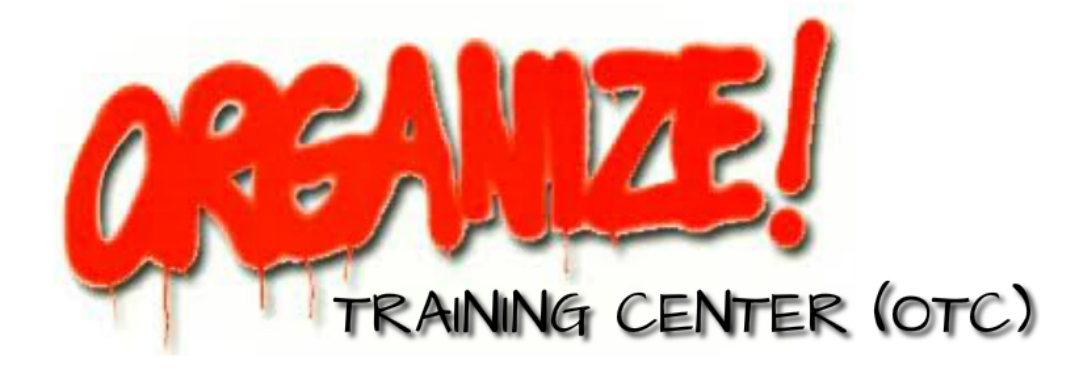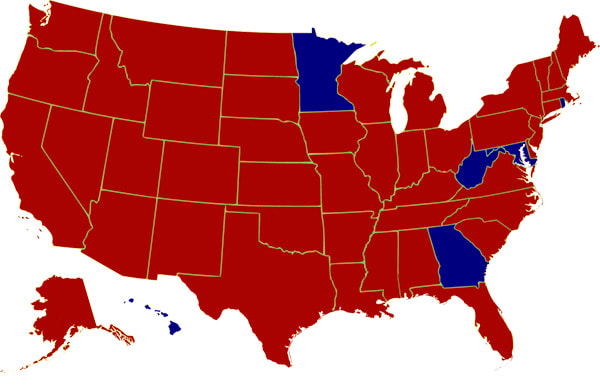|
As did the Ronald Reagan presidential election victory in 1980, so the Donald Trump victory in 2016 is forcing many organizers to examine or re-examine their views on electoral politics. I would like to propose a context for this thinking.
Consider these propositions:
This is the larger “build” that should be guiding us. If we are successful, politicians will increasingly have to reflect where our side stands in how they vote and campaign. We are a long way from that today, but that’s where we need to be heading. I don’t think we sufficiently applied these ideas in the post-Reagan era. As a result, we ended up with a sometimes slow, sometimes fast, but at whichever speed continuing drift toward concentration of wealth and power in the hands of an ever-fewer number of people, disastrous foreign policy decisions and unchecked empire, ecological disaster, and “neo-liberal” economics. We need to do better next time around.
1 Comment
|
AuthorMike Miller has had almost 60 years experience as a community organizer. Before founding the ORGANIZE! Training Center in San Francisco in 1972, he was a founding member of SLATE and an SNCC field secretary. In 1967, he directed one of Saul Alinksy's community organizing projects. Archives
February 2018
Categories(The quote at the top of the
page is by Desmond Tutu.) |
(415) 648.6894 [email protected] 442 Vicksburg, San Francisco, CA 94114
Copyright© Since 2016, ORGANIZE! Training Center. All rights reserved.
Copyright© Since 2016, ORGANIZE! Training Center. All rights reserved.


 RSS Feed
RSS Feed